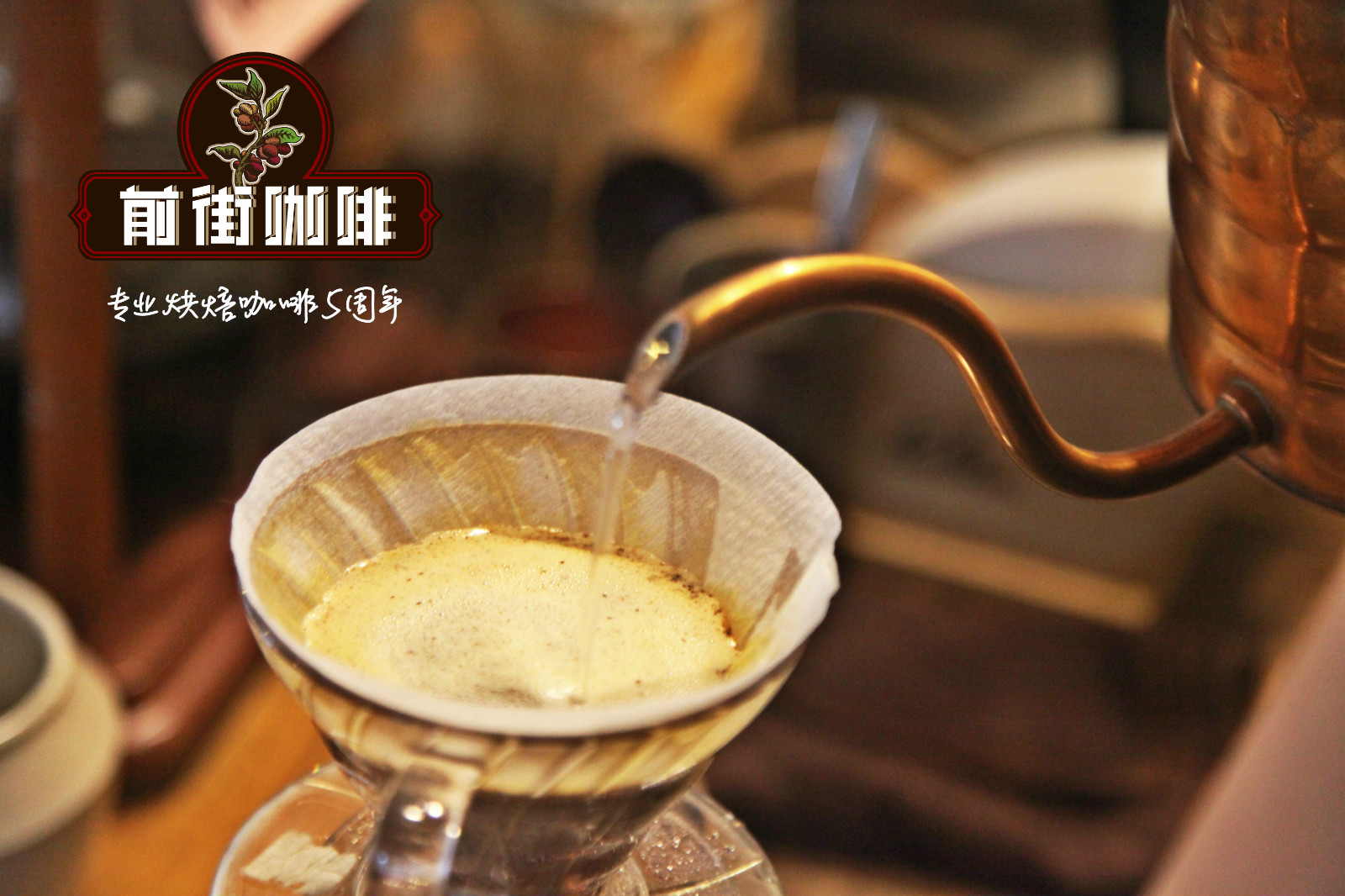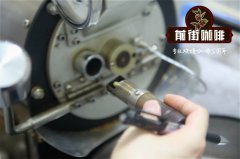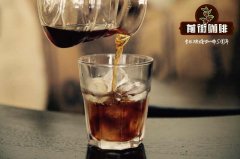The effects of water, temperature, time, freshness and roasting on a cup of coffee are all important.

From a bean to a cup of coffee, its life has gone through screening, drying, baking, grinding and extraction. There are many factors that affect it, and there are many reasons for the subtle taste.
1. The effect of roasting on the taste of coffee beans
Coffee roasting is that raw coffee beans remove excess water from coffee beans after roasting at a certain temperature, and some components in coffee beans are transformed into caramelized sugar and flavor oils. Roasting is a necessary stage for coffee beans to produce flavor. The flavor substances in coffee must be roasted in order to show their characteristics.
Roasting is the most difficult link in coffee technology. Good roasting can give coffee beans a second life, coruscate new vitality and show their greatest brilliance.
The degree of roasting is generally divided into four degrees: shallow, medium, deep and heavy. Shallow roasting can obviously show the acidity of coffee, and deeper roasting will further explore the sweetness and deeper taste of coffee. At the same time, with the deepening of roasting, the sour taste will be more lost and the bitterness will be more formed, while to the deepest French roasting, there are only bitter carbonized beans without sour taste.
2. The effect of freshness on taste
The freshness of coffee beans.
The flavor of the roasted coffee bean is fully revealed after 48 hours, and the best flavor period is within a week. With the passage of time, the aromatic molecules in the coffee bean continue to volatilize and absorb the peculiar smell in the air. The flavor of coffee beans will gradually lose, and after a month, it has basically lost its flavor, only bitterness and bad taste remaining.
3. The effect of water and temperature on taste
Water, 98% of a cup of coffee is water.
The quality and temperature of water affect the taste of coffee to some extent. In general, the trace elements contained in tap water or mineral water will react with the substances in coffee to affect the taste of coffee, and the excellent water quality will also have a bad effect on the taste of coffee, so pure water should be used in coffee extraction. Secondly, about the water temperature: the most suitable water temperature for coffee extraction is between 89Met 93 degrees. Too high temperature will increase the bitterness of coffee, while too low temperature will make coffee too sour.
4. The effect of extraction time on taste.
Extraction time. No matter what methods and tools are used, a reasonable grasp of extraction time is one of the things you need to pay attention to to make a good cup of coffee. Too long extraction time will lead to excessive extraction, so that the bitter and bad ingredients in the coffee will be extracted. On the contrary, if the extraction time is too short, it will lead to insufficient extraction, coffee taste is too light, the taste is not rich enough.
Important Notice :
前街咖啡 FrontStreet Coffee has moved to new addredd:
FrontStreet Coffee Address: 315,Donghua East Road,GuangZhou
Tel:020 38364473
- Prev

Good coffee depends on good roasting. What are the factors affecting the baking process?
Several key points in the coffee roasting process. First, dehydration said that the first step in coffee roasting, coffee beans themselves are plant seeds, have life, contain water. Raw coffee beans are also willing to be exposed to moisture and increase in water content in the packaging, transportation and storage after treatment. The temperature of baking dehydration is below 170 degrees Celsius, because the baking equipment drinks the beans themselves, and the dehydration time is also the same.
- Next

Have an important impact on taste and flavor: how to ensure the consistency of coffee fermentation processing?
Professional coffee knowledge exchange more coffee bean information please follow the coffee workshop (Wechat official account cafe_style) bread, wine, cheese, yogurt, chocolate, coffee: what do all these delicious foods have in common? That is, they all go through the process of fermentation. In coffee, fermentation is essential. It can not only remove pectin, but also improve the taste and taste.
Related
- Beginners will see the "Coffee pull flower" guide!
- What is the difference between ice blog purified milk and ordinary milk coffee?
- Why is the Philippines the largest producer of crops in Liberia?
- For coffee extraction, should the fine powder be retained?
- How does extracted espresso fill pressed powder? How much strength does it take to press the powder?
- How to make jasmine cold extract coffee? Is the jasmine + latte good?
- Will this little toy really make the coffee taste better? How does Lily Drip affect coffee extraction?
- Will the action of slapping the filter cup also affect coffee extraction?
- What's the difference between powder-to-water ratio and powder-to-liquid ratio?
- What is the Ethiopian local species? What does it have to do with Heirloom native species?

